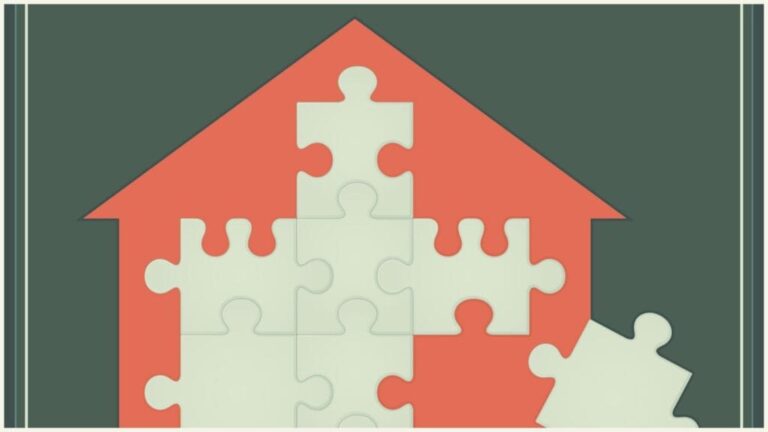Eight months after launching real estate’s answer to Wordle, the home price guessing game has drawn 200,000 users from more than 150 countries. Now its creator has plans to grow even more.
No one can predict the future of real estate, but you can prepare. Find out what to prepare for and pick up the tools you’ll need at Virtual Inman Connect on Nov. 1-2, 2023. And don’t miss Inman Connect New York on Jan. 23-25, 2024, where AI, capital and more will be center stage. Bet big on the future and join us at Connect.
When Doug Weitzbuch launched Housle — the real-estate take on the popular word game Wordle — in January, he saw it as a fun side project, one of the many takes on the now-New York Times-owned game that launched in late 2022 and early 2023.
But in the space of just eight months, Housle has grown to levels Weitzbuch never conceived of, attracting 200,000 users from over 176 countries, with nearly half a million games played as of October, the television producer turned game developer told Inman.
“This a side project for me; it was more of a pet project to see what the feedback is and what not, and the feedback has been really strong,” Weitzbuch said. “People reach out to us all the time giving us really positive feedback.”
The game is played by presenting players with a listing photo of a house for sale and gives players five chances to guess the correct asking price. For each wrong answer, they’re shown another photo of the house and given another detail that might help them guess correctly, such as its location square footage or lot size.
Feedback from regular players has included a message from a high school teacher in Chicago who told Weitzbuch he plays the game every morning with his homeroom class to help teach his students about real estate.
“The teenage-aged person isn’t generally interested or excited about real estate; it’s just not something that’s on their mind. They’re teenagers, they’re focused on other things,” he said. “But our game is completely engaging them. If he forgets to play one day they’ll shout out ‘We didn’t play Housle!’”
Weitzbuch said he has also heard from a family that had been distant for years but — motivated by a shared interest in real estate — were able to reconnect by playing the game together every day.
“They played daily and would connect and share their scores, which would spawn other conversations,” Weitzbuch said. “They’re closer than they’ve ever been over the fact that they’ve been playing this game.”
The game is, unsurprisingly, particularly popular among real estate professionals, and Weitzbuch has found early success in selling advertising space to agents in the form of having their listings featured as the house of the day on Housle. Agents can have their listings featured for $250 a day, with a “few dozen” agents buying ad space so far, according to Weitzbuch.
Weitzbuch says the feature is not only a good way for agents to get more eyeballs on their listings but can be used to show potential clients the innovative marketing techniques they will employ to sell their house, beyond traditional strategies such as mailers.
“You’re getting your listing exposed to thousands and thousands of people, so you’re getting marketing exposure,” he said. “But I think in this day and age, where it’s important to separate yourself and be innovative and try to new things — and to show your client you’re trying new things — I think that’s important as a Realtor, to use that as part of your pitch when you’re marketing yourself for a listing.”
Motivated by this early enthusiasm for his game, Weitzbuch has his eyes on further expansion and has attracted two investors to work with him. His immediate goals with the new capital are to unlock more gameplay by allowing users to play archived games and to reach a new audience of gamers through an advertising campaign.
“We’re going to be iterating on the feature set to expand to unlock the archive and have additional games each day for people to play,” he said. “The biggest piece of criticism was: We want more. The game was fun, but they got in a headspace and they liked it and they wanted to stay in that cycle, so we’re going to try to feed that a little bit.”





